
On Black & Highly Flavored, co-hosts Derek Kirk and Tamara Celeste shine a light on the need-to-know movers and shakers of our food & beverage industry.
Listen NowPopular on Food52
42 Comments
Nikki
May 11, 2014
I love it when a recipe suggests good foods to pair with so that I can plan a whole menu quickly when I'm feeling uninspired. I also love to read the background of a recipe, a story about where the author encountered it of the origins of that particular dish, and suggestions for variations to dress it up or simplify it when needed.
Hilla
May 11, 2014
It's hard to say one thing about what makes for a great recipe - since there are different recipes for different moods. But I would say usually "enticing without bring intimidating."
Tamara D.
May 11, 2014
What makes a great recipe? One that turns out the same time and time again, and mostly, one that makes your mouth and stomach happy!
breadknits
May 11, 2014
Being able to substitute veggies, or different herbs in a recipe. The ability to adapt your own ingredients and still pull it off
Julie B.
May 11, 2014
I think a great recipe is one that helps one to make a core dish but also includes a few ways to vary it to get different flavors. Additionally, I look for recipes that have contrasting textures. I like to have a bit of crunch with softer foods.
Green M.
May 11, 2014
Fresh ingredients that're elevated by the preparation to deliciousness. Simple and streamlined is a plus, but not necessary.
Bonnie Y.
May 11, 2014
Things that make for a great recipe are: Recipe does not have too many ingredients, has easy to understand instructions, does not take too much time to make, tastes delicous.
Brad A.
May 11, 2014
After the obvious, good instructions, accurate instructions and a great picture, I love recipes that make me want to cook right then and there. Excellent stories tied to the motivation for the creation is really appreciated.
MMR
May 11, 2014
Recipes that have clear instructions about what to look, smell or feel for at each stage in cooking, pictures don't hurt either. It's also nice when ingredients are simple or substitutions are offered for harder to find items. This cookbook looks delish!!
Halutznik
May 11, 2014
There are so many recipes out there to choose from. For me, a photo together with a sentence or two (or more) by the author describing the dish helps to personalize the recipe.
Boom S.
May 10, 2014
I am always looking for new vegetarian dishes as I find my own ideas get stale after a while.
frolicandetour
May 10, 2014
A good recipe, to me, is one that transforms the same ol' same ol' ingredients into something that I can't stop eating!
Herlinda H.
May 10, 2014
This is so
Timely and great! I have so many people asking for my recipes and I' am
Working on putting my Italian/Spanish/Mexican mom's recipes down for my daughters. Thank you, Marian!
Timely and great! I have so many people asking for my recipes and I' am
Working on putting my Italian/Spanish/Mexican mom's recipes down for my daughters. Thank you, Marian!
Christine
May 10, 2014
I think a great recipes is made from whole foods that can be found locally. Clear concise instructions and recipes which have been tested and are not missing ingredients or steps!
Jesse
May 10, 2014
Clear and concise writing that's kind of like a familiar voice that feels like an old friend guiding you along but also allowing for creative license. Flavor profiles that inspire meals to come. Metric measurements as well as US standard ones, especially appreciated in baking. Those that become regulars at our tables, not just reserved for fancy occasions.
Sarah W.
May 10, 2014
Great recipes are flexible and good to eat. I love cookbooks that have photos, so I have an idea of what the final product should look like.
michaelcochise
May 10, 2014
I favor recipes that are self-contained (I.e. each ingredient doesn't require a recipe of its own); that suggests substitutions for hard-to-find ingredients; that describes stages off cooking by aroma and texture as well as time. That have been thoroughly tested, with an account of what's most likely to go wrong and how to avoid that. That lets each ingredient have something to day and no be buried under to many layers of complexity. That's a joy to cook and serve and eat. That I'll want to repeat--and my friends will ask me to
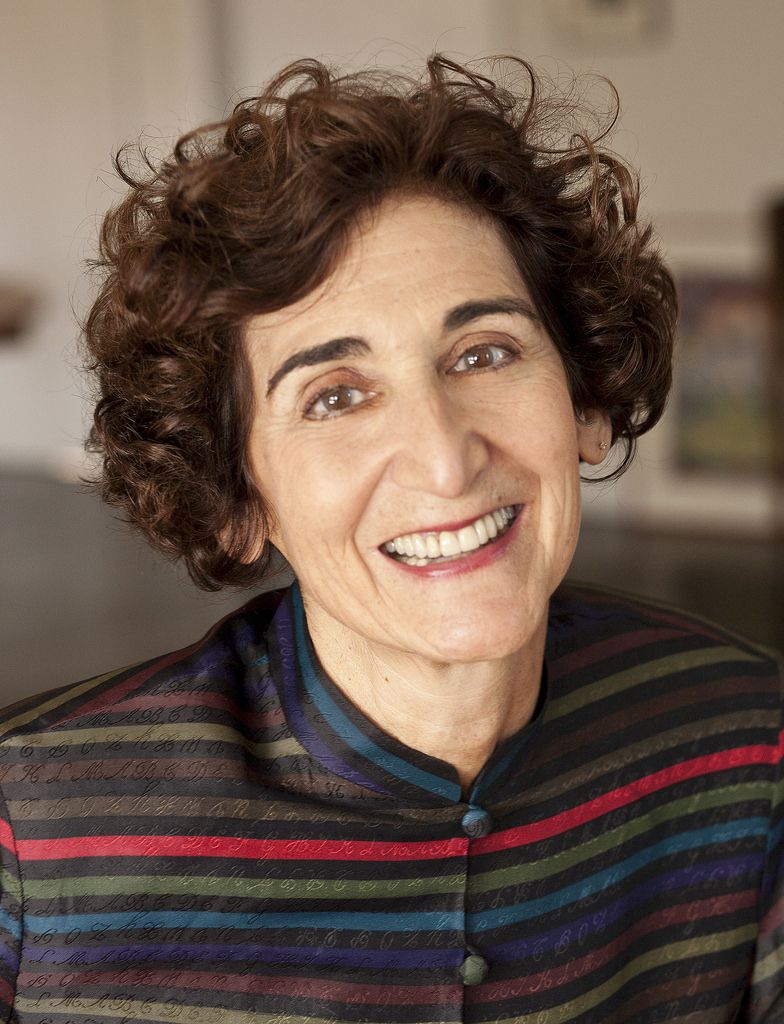
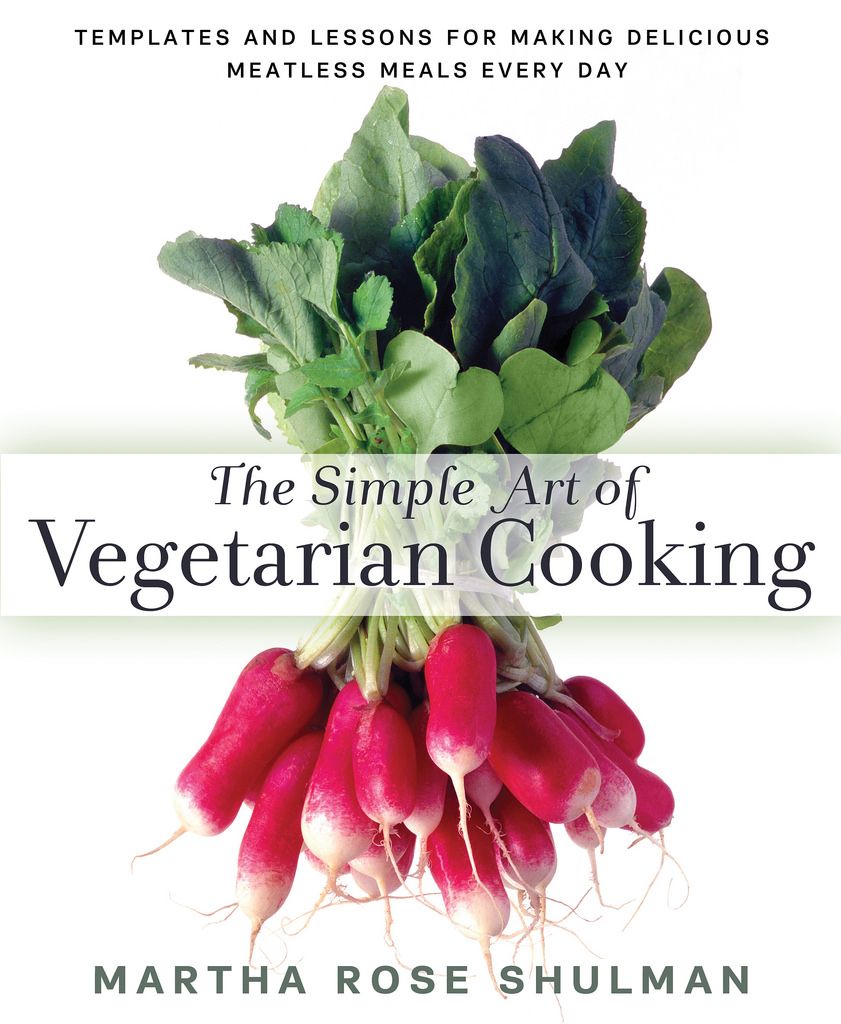
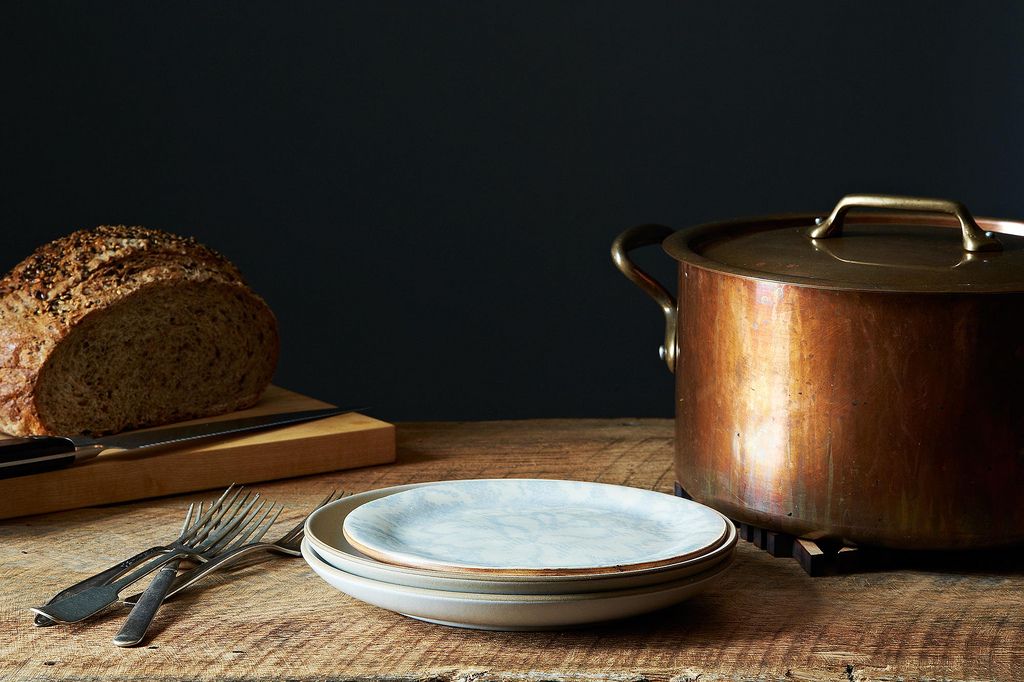
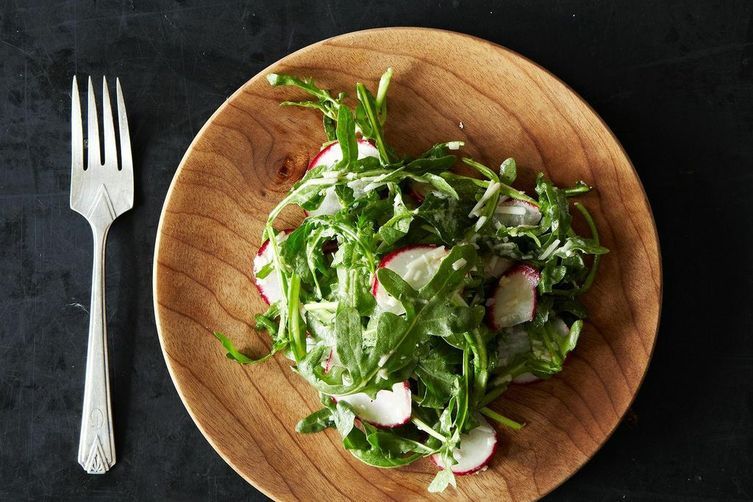
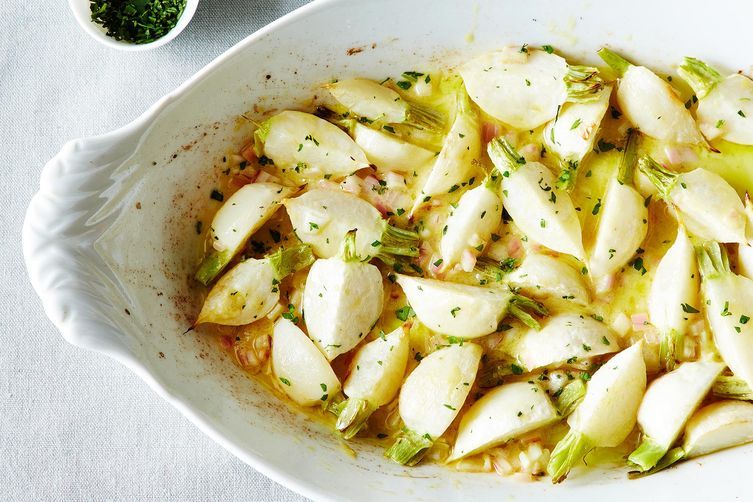
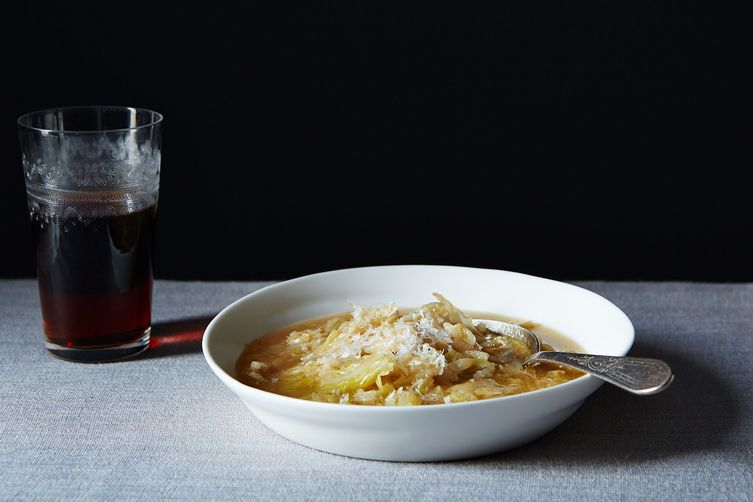

See what other Food52 readers are saying.